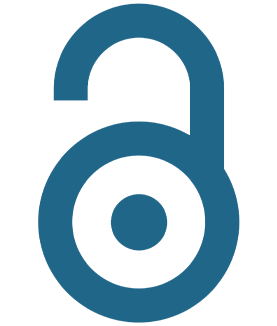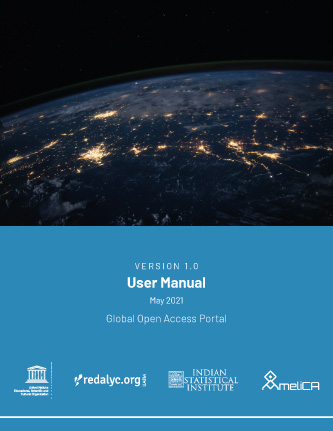
GOAP 2.0 is a collaborative effort of UNESCO, Redalyc, Indian Statistical Institute and AmeliCA and was redeveloped under the guidance of a multi-stakeholder advisory committee.
Features








GOAP User Manual

Contributors
The Global Open Access Portal (GOAP) has been developed with generous support of the:
Disclaimer
While all efforts have been made to present an accurate account of the status of Open Access in the countries covered, the information provided and the analyses thereof are those of the contributors, and does not imply the expression of any opinion on the part of UNESCO, Redalyc, Amelica or Indian Statistical Institute, concerning the legal status of any country, territory, city or area or of its authorities, or concerning the delimitation of its frontiers or boundaries. The contents are internet sourced with links and references to the original sources. Representations of the facts contained in this portal are not necessarily published by UNESCO and partners mentioned here and do not commit the Organizations.
Comments, and updates may kindly be sent to: Bhanu Neupane, Advisor (ICT in Education, Science and Culture), UNESCO, Paris.






